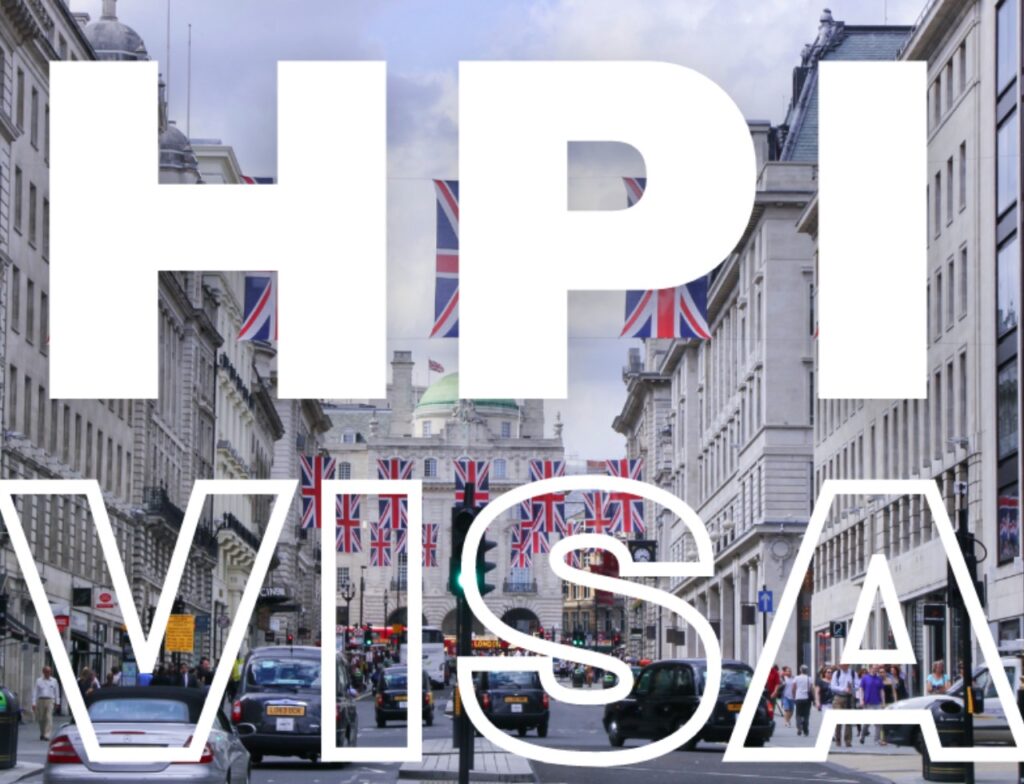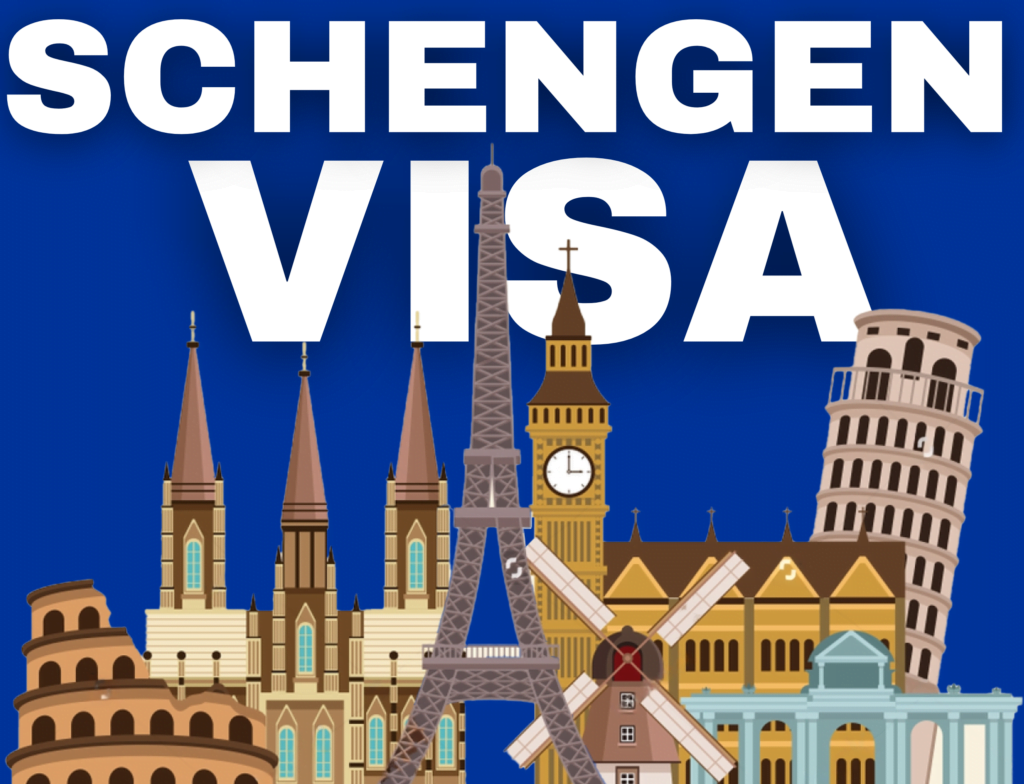Each year, one of the most important paths for skilled foreign workers looking to make a life and a career in the United States is the H-1B visa lottery. An investigation by Bloomberg has exposed how outsourcing companies and staffing firms take advantage of loopholes to rig the system against workers.
The Rigged H-1B Visa Lottery System
An investigation has exposed that some companies have been gaming this lottery system in several ways, like submitting multiple applications for the same workers, usually foreign-born, in hopes of winning. This has been possible due to a loophole in the system that allows multiple filings under different company names or through teaming arrangements between firms.
Summary by Sarah Holder, host of this Big Take podcast: “The game was rigged,” he said—a case of systemic exploitation coming to light. Bloomberg’s investigative data reporter Eric Fan broke that very argument down further in his phone call, explaining that applicants seeking to obtain a visa can pretty much guarantee themselves an approval if they do business with a small group of firms.
The Economy and the Workers
Gaming the H-1B system has huge consequences. In a 2023 study by the Wharton School, the loss of 10 H-1B visas causes top U.S. multinationals to take nine jobs abroad. Using the calculations provided by the Federal Reserve Bank of Richmond, a reduction of 10 percent in high-skilled immigrant workers would shrink the U.S. economy by approximately $86 billion.
More than that, H-1B aspirants who play by the rules are at a short end of the stick. “It was devastating for me,” said Sandeep Maganti, an entrepreneur who moved to the US for college and said he lost out multiple times in the H1B lottery, even with a job and sponsorship. “I have been in the United States for eight years, and I still have no life or career to speak of that I can really rely upon.”
Regulatory Changes and Future Prospects
The US government, following reports of exploitation of the H-1B system, introduced new regulations last year to make the process more level. This new process would definitely guarantee equal opportunity for each candidate, irrespective of how many entries have been made by any employer. Government data shows the number of multiple registrations fell 90 percent in 2023 due to the new regulation.
Not with standing the challenges, improvements have been made in the H-1B program. Immigration has continued to be a prickly issue for Washington, and there has been a constant failure of measures meant to reform the immigration system, including reforming the H-1B program. Issues go unresolved in Congress.
Conclusion
The H-1B visa lottery has been an integral component of the U.S. immigration system. These outsourcing companies and staffing firms seem to have made this something of a free-for-all playground at the expense of skilled foreign workers who are taking advantage of the system. Part of the improvement brought about by the latest regulatory changes was a check on the ills, but much remains to be done to set right the intrinsic flaws in this program. The major points, therefore, that drive the current demand for H-1B program reform are fairness, transparency, and equal opportunity for all applicants, since the U.S. economy is badly shifting more and more towards highly skilled immigrant workers.





